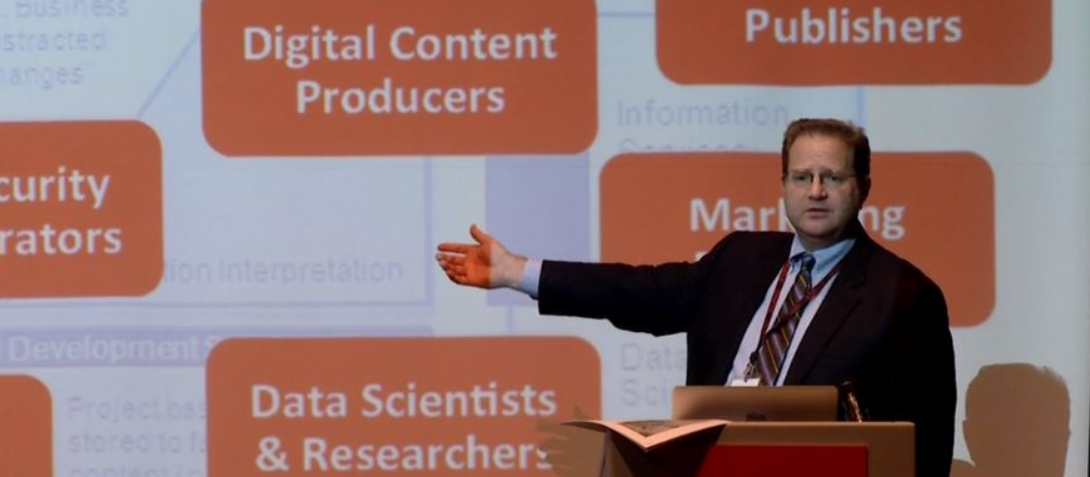Secretary Napolitano requested that this sidebar, from an article PARADE Magazine published about the department in the Sunday, May 24, 2009 issue titled “We Are Prepared and Resilient,” be sent to all employees. In it, she describes the department’s top priority: to “help keep the nation in a state of readiness and help assure the American people that we are prepared and resilient.” The sidebar is available on PARADE’s Web site at http://www.parade.com/news/2009/05/10-ways-homeland-security-is-keeping-you-safe.html. The full article is available at http://www.parade.com/news/2009/05/we-are-prepared-and-resilient.html.
TOP TEN WAYS HOMELAND SECURITY KEEPS YOU SAFE - within this list, are these two social media nuggets:
1) In a sign that they are keeping up with the times, DHS and FEMA now have their own Twitter pages. The agencies post important updates including travel alerts, security threats, weather warnings and other alerts.
2) The U.S. Coast Guard, whose expanding role in national security is vital to several DHS objectives, now uses videos on YouTube to prepare, train and communicate with its agents across the country.
So the question is raised - "what about social media governance, should it be required?"
These uses of "social media" (it's not really a "conversation", but just another kind of alert/notification or simple content-sharing) don't really require the kind of governance I've espoused in earlier posts - it's where individual government representatives are using social media and representing themselves (i.e. uniquely individual personas, rather than a whole department/agency/office), where governance is more necessary - if you've got many individuals publishing information, from the same department or agency, there should be some automated controls over protection of sensitive or private information, proper attribution, record distribution management (i.e. keeping track of what's shared as a matter of government record), release of unverified or possibly conflicting information, and possibly definitions/use of acronyms. However, it shouldn't go overboard - just enough to help and encourage both the government and the public experience a comfortable trust in the dialogue that ensues.
While commercial entities are more advanced than most public service agencies in leveraging social media for public dialogue (it's hard to find major IT consulting and information management shops, for example here at Blackstone Technology Group (@blackstonetech), who aren't already "twittering" both from a corporate perspective and by individual employees) - some degree of automated social media governance (for both inbound and outbound information-sharing) may likely open the floodgates to full realization of the value of this media by governments.
TOP TEN WAYS HOMELAND SECURITY KEEPS YOU SAFE - within this list, are these two social media nuggets:
1) In a sign that they are keeping up with the times, DHS and FEMA now have their own Twitter pages. The agencies post important updates including travel alerts, security threats, weather warnings and other alerts.
2) The U.S. Coast Guard, whose expanding role in national security is vital to several DHS objectives, now uses videos on YouTube to prepare, train and communicate with its agents across the country.
So the question is raised - "what about social media governance, should it be required?"
These uses of "social media" (it's not really a "conversation", but just another kind of alert/notification or simple content-sharing) don't really require the kind of governance I've espoused in earlier posts - it's where individual government representatives are using social media and representing themselves (i.e. uniquely individual personas, rather than a whole department/agency/office), where governance is more necessary - if you've got many individuals publishing information, from the same department or agency, there should be some automated controls over protection of sensitive or private information, proper attribution, record distribution management (i.e. keeping track of what's shared as a matter of government record), release of unverified or possibly conflicting information, and possibly definitions/use of acronyms. However, it shouldn't go overboard - just enough to help and encourage both the government and the public experience a comfortable trust in the dialogue that ensues.
While commercial entities are more advanced than most public service agencies in leveraging social media for public dialogue (it's hard to find major IT consulting and information management shops, for example here at Blackstone Technology Group (@blackstonetech), who aren't already "twittering" both from a corporate perspective and by individual employees) - some degree of automated social media governance (for both inbound and outbound information-sharing) may likely open the floodgates to full realization of the value of this media by governments.

Comments